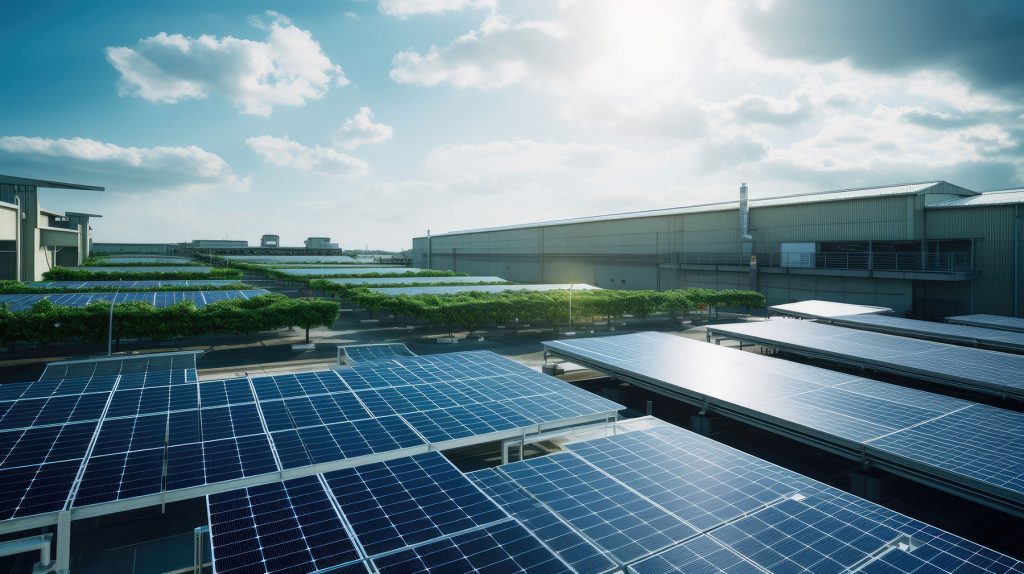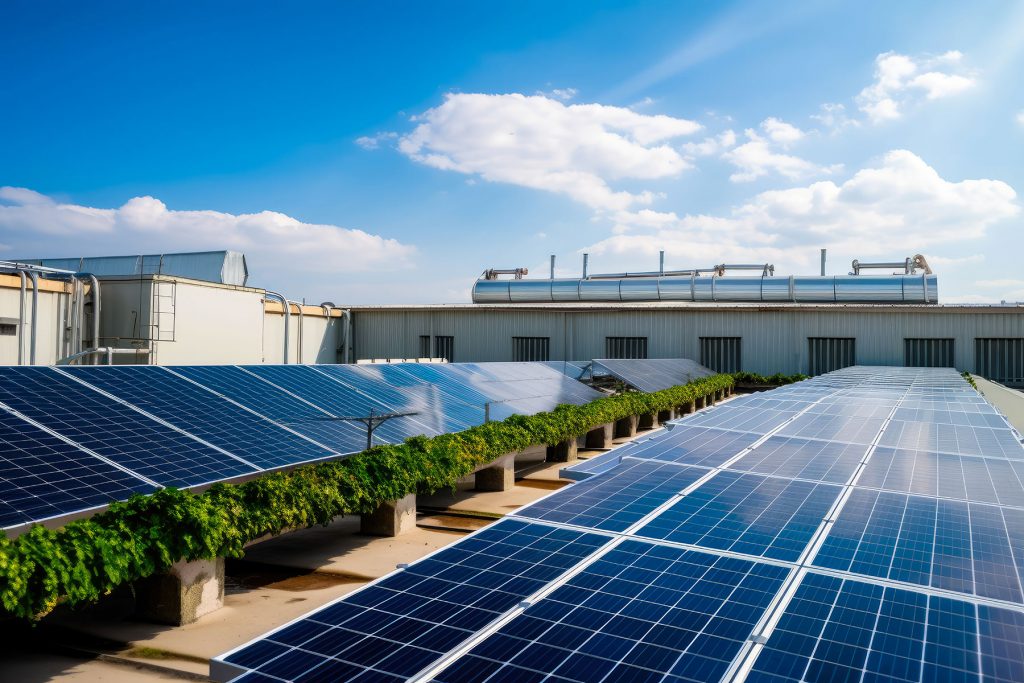In recent years, the business sector has witnessed a significant shift towards sustainable practices, with solar energy emerging as a frontrunner in this transition.
The growing importance of solar energy for businesses is not just a trend but a strategic move towards a greener and more sustainable future. To capitalize on the benefits of solar power, businesses must focus on maximizing the efficiency of their solar systems.
Companies are increasingly realizing the dual advantage of reducing their carbon footprint and achieving long-term cost savings through solar energy integration. The transition to solar power aligns with corporate sustainability goals and enhances brand reputation, making it an attractive proposition for businesses of all sizes.
In this article, we will delve into key strategies for achieving optimal efficiency in solar energy systems, addressing various aspects from energy needs assessment to system maintenance.
Assessing Energy Needs and System Design
To maximize efficiency, businesses must begin with a comprehensive understanding of their energy needs. Conducting a thorough energy audit provides accurate data on energy consumption, enabling informed decision-making during the system design phase.
Tailoring the solar system design based on specific business requirements and usage patterns is crucial. Efficient solar systems not only contribute to cost savings but also ensure a reliable and consistent power supply, mitigating the risks associated with energy volatility.
Factors such as peak demand, energy-intensive processes, and the availability of sunlight must be considered to create a system that aligns seamlessly with the business’s operational dynamics.
Optimal Component Selection and Maintenance
The efficiency of a solar system hinges on the quality of its components. Businesses should prioritize the selection of high-quality solar panels, inverters, and other critical components to ensure long-term reliability.
Regular maintenance practices are equally vital to sustain peak performance and prevent system downtime.
Implementing predictive maintenance strategies, which involve monitoring system health and addressing potential issues before they impact efficiency, is a proactive approach to system upkeep.

Integration with Energy Management Systems
Efficiency extends beyond the solar panels; businesses must look at the broader picture of energy management.
Integrating solar systems with energy management systems allows businesses to optimize overall energy usage.
This involves leveraging automation and smart controls to respond dynamically to changing energy demands. Furthermore, the implementation of energy storage solutions enables businesses to store excess energy generated during peak times for use during periods of low solar production, enhancing overall system efficiency.
Selecting a Reliable Long-Term Solar Solution Provider
Businesses should consider partnering with a reliable solar solution provider. Power Purchase Agreements (PPAs) offer an attractive model, where owners pay zero upfront costs and only for the electricity they use.
It provides a win-win scenario where the solar project developer finances, installs, and maintains the solar system, while the buyer enjoys cost savings, environmental benefits, and a long-term, stable energy supply.
This not only minimizes initial financial outlay but also transfers the responsibility for system performance and operating risks to the developer. Moreover, choosing a solar solution provider that offers expert operation and maintenance services eliminates manpower costs and provides peace of mind for building owners.
The provider’s commitment to ongoing monitoring and maintenance ensures that the solar system operates at peak efficiency throughout its lifecycle. This not only enhances the longevity of the system but also optimizes the return on investment for the business.
Embracing solar energy is not just about environmental responsibility; it is a strategic decision that can lead to significant cost savings and sustainable business practices in the long run.

Harness Solar Power With TotalEnergies ENEOS
At TotalEnergies ENEOS, the no-CAPEX solution helps businesses to avoid any capital investment, without disturbing businesses’ cash reserves and cash flow.
One such example is our recent partnership with Kinpo Group for their first solar rooftop project of 11.9MWp in the Philippines. The installation will consist of over 20,500 solar PV modules and generate 16.7 GWh/year of renewable electricity.
To learn more about our business and how we can help with your solar system solutions, contact us directly for more information.
